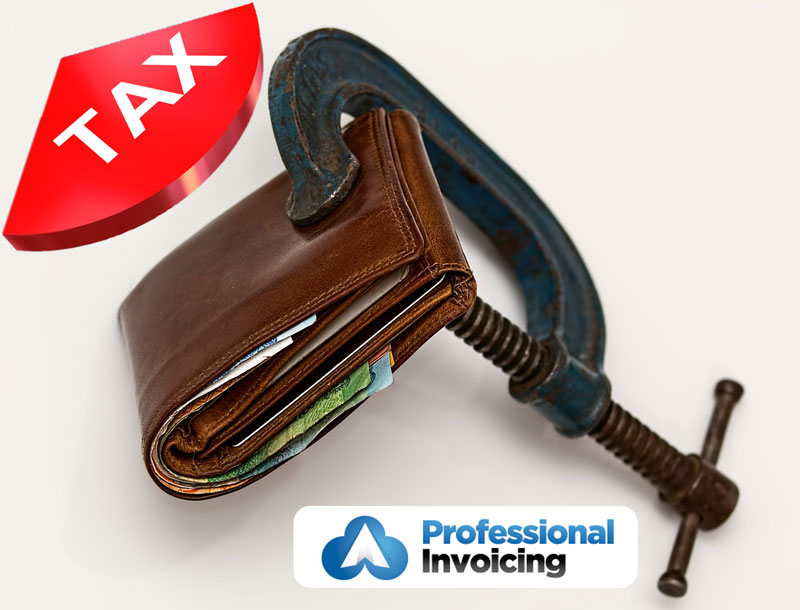Taxes and Devolution: What Every Small Business Should Know

The process of tax devolution has become prominent in the UK. As the government shifts power away from the major Houses of Parliament to assist the national government. The purpose of the devolution of taxes is to provide the different regions greater levels of power and control in tax laws and governance. Unfortunately, recent government changes have made things more difficult for the small business or SME.
How Government Policy Impacts Small Business
While the devolution of taxes may be beneficial for specific sectors, its impact has hit the small business quite hard. According to research conducted by the Federation for Small Businesses, business taxes have increased where devolution of tax has occurred across designated
areas.
SME’s across Wales, Scotland, and Ireland have noticed a rise in business tax by more than 10% in annual business reports. A proposed reason for the sharp taxation is owed to the growth in overall business rates. The worst-hit in the construction sector. Labor tax, manufacturing, and wages have risen exponentially.
Devolution for the small business means that you will be paying higher taxes. While the cost for taxes is dependent on the region, the SME is expected to pay much more than larger companies or individual taxes. Major corporations and organizations have the resources and financial
backups to afford extended tax but for the smaller enterprise, higher tax rates could cut into important budget requirements.
For the businesses in Scotland and Wales, you will have to abide by the regulations of the local tax authority. In England, the tax laws have not changed much with little influence on the operations of small businesses.
The Types of Taxes that Have Been Devolved
Income Tax
The new regulations mean that you will be paying different tax rates depending on your location. For business owners in the region, you will be expected to deduct tax from employee wages. Owing to new tax allocations, the company will be required to pay designated portions towards income tax.
Value Added Tax
The Government has made several changes that will come into effect from 2019 to 2021. Business taxes will remain unchanged; however, government expenditure will include greater control across sectors.
Small Business and Stamp Duty
Businesses renting a property will pay stamp duty tax. Scotland and Wales will have to pay independent business taxes for the property. The amount of tax will depend on the property value. The major changes that small businesses will notice include the process for tax returns and which professional body will be responsible for the collection of taxes.
How Small Businesses Can Manage Tax Devolution
The process of tax devolution may provide greater control of tax for specific government sectors. But for the small business, it means a greater expense. It also means changes in the way taxes are processed and which authorities are responsible for the collection of taxes. With the appropriate preparation and planning, the enterprise is better equipped to manage the tax devolution.
![]()
1 Month Free Trial. Just Sign Up, No Credit Card Required.
